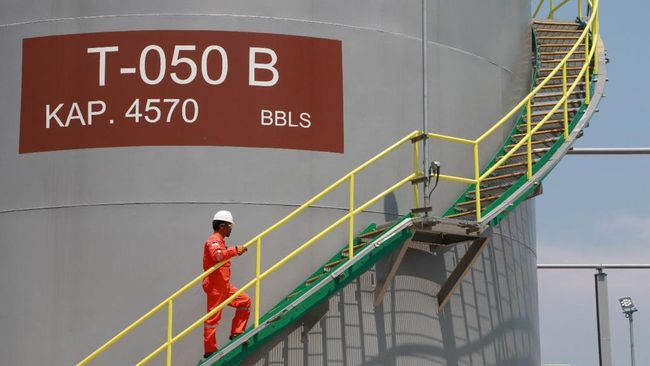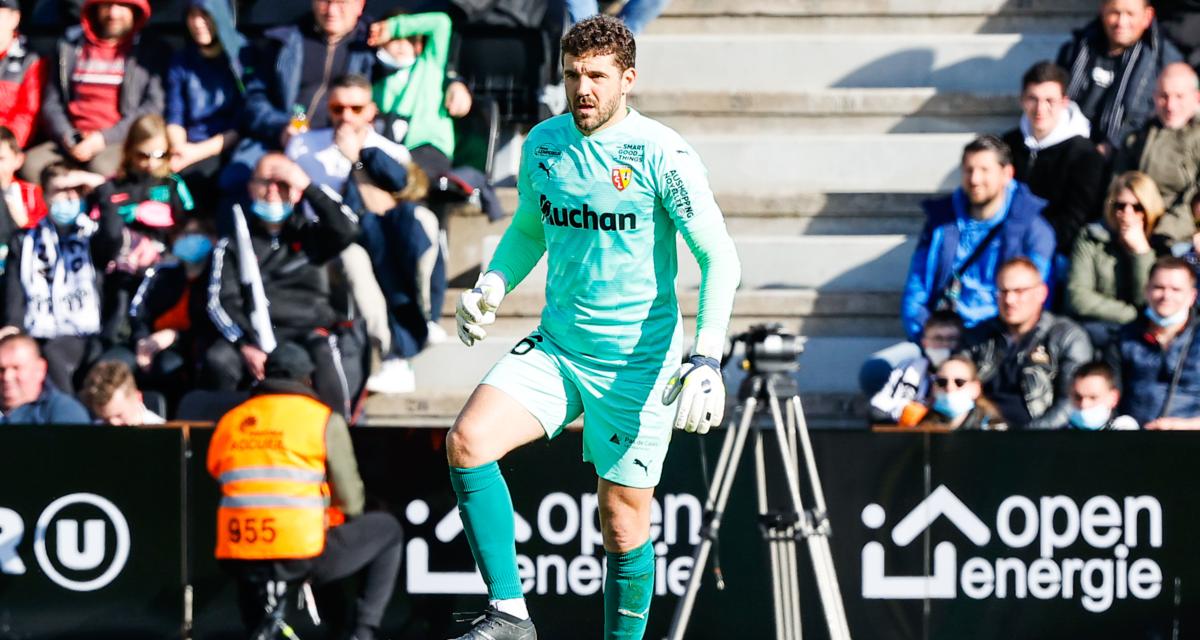Jakarta, CNBC Indonesia – The war between Russia and Ukraine has also had an impact on Indonesia. One of them is the question of world crude oil prices, in this case Brent, which soared and had touched the highest level of up to US$ 105 per barrel.
The increase in world crude oil prices has triggered an increase in Indonesian crude oil prices or the Indonesian Crude Price (ICP). The provisional development of the ICP for February 2022 as of the 24th was recorded at US$ 95.45 per barrel.
With the ICP price rising, of course, there is a big gap between the ICP assumption in the 2022 State Budget which is only US$ 63 per barrel.
“We continue to monitor and anticipate the impact. Not only the price of oil, but the price of LPG such as CP Aramco,” said Head of the Bureau of Communication, Public Information Services and Cooperation of the Ministry of Energy and Mineral Resources (ESDM), Agung Pribadi.
Regarding this, of course, Agung said that the increase in world crude oil prices will also affect the state budget. in which the burden of subsidies, especially fuel and LPG, also increases and could exceed the 2022 APBN assumption.
“Not to mention the cost of fuel compensation. But for sure, the government will continue to secure the supply of fuel and LPG,” said Agung.
It is noted that the increase in ICP causes the economic price of fuel to increase. Each increase of US$ 1 per barrel has an impact on the increase in LPG subsidies of around Rp. 1.47 trillion, kerosene subsidies of around Rp. 49 billion, and fuel compensation expenses of more than Rp. 2.65 trillion.
As is known, subsidies for BBM and 3 kg LPG in the 2022 State Budget are Rp. 77.5 trillion. The subsidy at the time of the ICP was US$ 63 per barrel.
In addition, the increase in ICP also has an impact on electricity subsidies and compensation, considering that there is still the use of fuel in power plants. Every increase in ICP of US$ 1 per barrel has an impact on additional subsidies and electricity compensation of Rp. 295 billion.
In addition to the impact on the APBN, the increase in oil prices will also have an impact on other sectors, especially transportation and industries that consume non-subsidized fuel.
“The trend of rising world oil prices has raised the economic price of fuel,” he added.
As an illustration, the range of non-subsidized fuel prices in several ASEAN countries, including Singapore is Rp. 28.500/liter, Thailand Rp. 19.300/liter, Laos Rp. 19,200/liter, Philippines Rp. 18.500/liter, Vietnamese Rp. 16,800/liter, Cambodia 16,500/liter, Myanmar Rp. 15,300/liter.
PT Pertamina Patra Niaga, Sub Holding Commercial & Trading PT Pertamina (Persero) officially adjusted the price of non-subsidized LPG. This provision is effective from 27 February 2022.
The current non-subsidized LPG price is around Rp. 15,500 per kilogram (kg). Previously the price was Rp. 11,500/kg, then it rose in December 2021 to Rp. 13,500 and now it has increased to Rp. 15,500/kg.
Acting PT Pertamina Patra Niaga Corporate Secretary, SH C&T PT Pertamina (Persero) Irto Ginting explained that this adjustment was made following the latest developments in the oil and gas industry.
He also explained that the two-stage increase from last December was carried out to reduce the burden on the non-subsidized LPG users.
“Noted, price Contract Price Aramco (CPA) reached 775 USD/metric ton, up about 21% from the average CPA price throughout 2021,” Irto explained in his official statement, Sunday (27/2).
He explained that this price adjustment had taken into account the conditions and capabilities of the non-subsidized LPG market, besides that this price was still the most competitive compared to various countries in ASEAN.
Meanwhile, for subsidized LPG 3 Kg, Irto stated that there was no change in the applicable price.
“The price adjustment only applies to non-subsidized LPG such as Bright Gas or around 6.7% of the total national LPG consumption as of January 2022. For subsidized 3 Kg LPG whose portion is more than 93% there is no change in price, the price still refers to the Highest Retail Price ( HET) determined by the local government,” said Irto.
(pgr/pgr)
–


